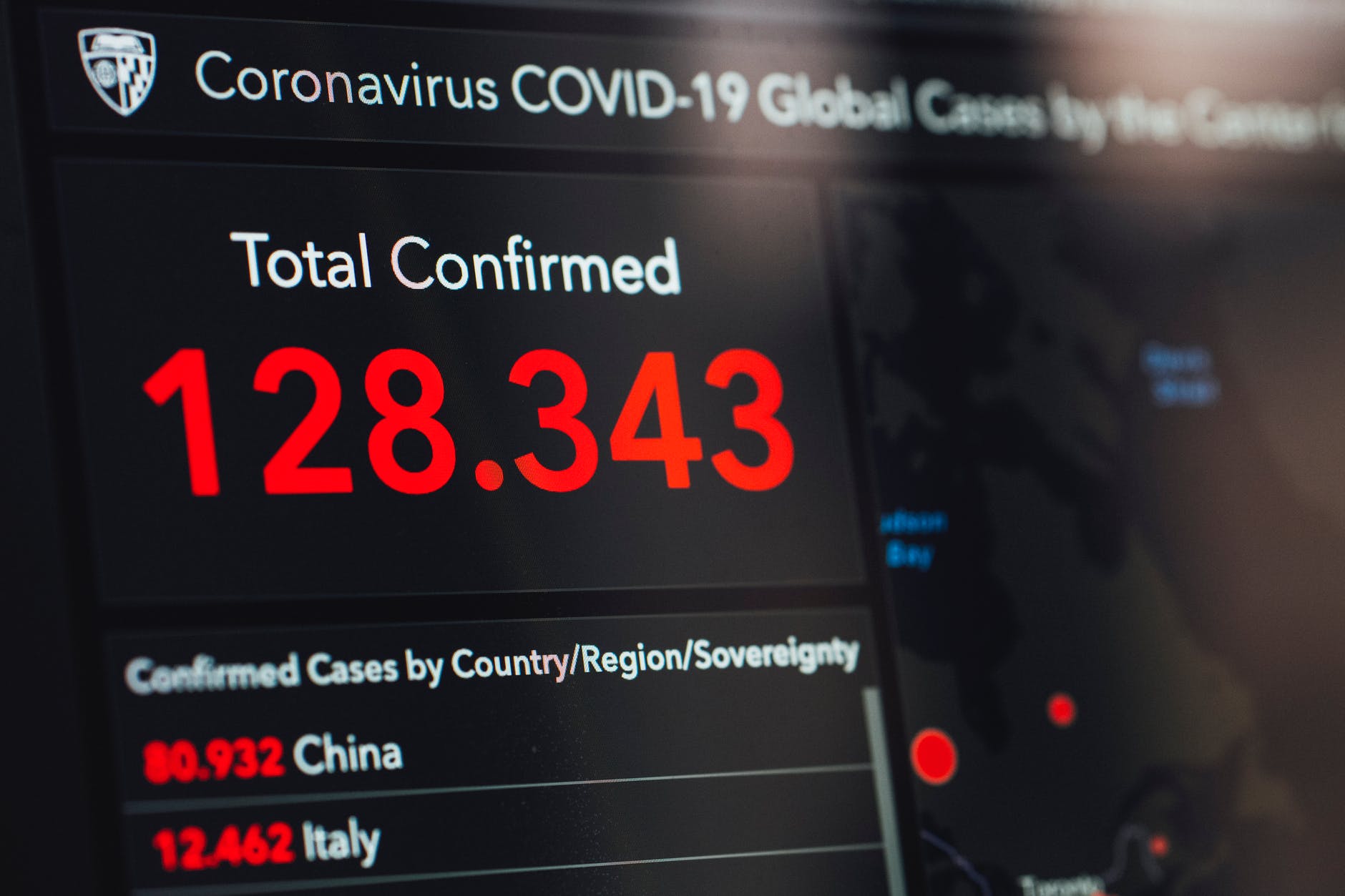
From a shifting world order to a co-ordinated economic slowdown, the pandemic of Coronavirus Disease (or COVID-19) has gripped us in times of persisting glut of distrust. There is no one way to interpret the implications – both current and protracted from inaction today. In his recent address, Prime Minister Narendra Modi announced the much-anticipated lockdown (WhatsApp pundits had been already spearheading this message), although disappointingly, for a day. Tracking the fast-paced incidence of cases, the government has now decided to shut down 75 districts, including railways and all inter-state passenger transport till March 31st. The “Janta Curfew” imposed as a result of PM’s thoughtfulness is laudable as Indians tend to exude their calmer selves on Sundays and hence, collective clapping and clanging of utensils couldn’t have taken place on a better day. One tweet read – “He’s putting us in isolation and giving us weird tasks. Modiji is the new Big Boss”. However, taking yet another lesson from the Chinese, the use of data and analytics must take precedence to practice “targeted social distancing”. Temporary suspension of all activities in schools, colleges, malls, and many businesses (including country’s leading automakers halting production), being the focal measure at the state’s dispensation, comes at a huge economic cost to an already flailing economy. With deficits in regulatory checks and balances, where inevitable failures of banks and other crucial institutions keep coming to the fore, the Indian economy is now vulnerable from both the demand and supply-side.
Coming to the significance of a virus that inflicts a nation boasting a population of almost 1.4 billion, the Indian Council of Medical Research (ICMR) has asserted that we are not yet in the critical stages of the pandemic. The conclusion is drawn from a sample of 500 individuals, who were randomly selected and tested negative, and given the base of a country with the second largest population in the world, highlights the statistical incoherence and irrelevance of the exercise. Testing standards, however, continue to evolve as the number of cases has been consistently rising. Not to implicate the government for its lack of coherence and indiscretion on the political and socio-economic front, the conclusion by the officials at ICMR may well have been drawn to curb panic reactions amongst the public. However, the government’s tryst with propagandist messaging in the past, holding water or not, cannot be allowed to stymie the pandemic’s potential impact on India.
As concerned as we are for our respective social groups, we can’t neglect those who are shackled by the prevailing system’s prejudicial treatment. “Black swan” events such as these widen the fault lines in our systems, creating a “self-reinforcing cycle” that has long-drawn implications for the marginalized. Living hand to mouth, the virus is no excuse for a poor person’s family to not be fed. Taking perceived gender roles into account, the impact of the virus will only increase the burden of unpaid work for women in our vastly patriarchal society. India poses a particularly worrisome situation as our democracy exhibits intertwined challenges – a public-health crisis is interlinked with socio-politico-economic issues.
With the creation of an economic task force meant to tackle the imminent challenges to be faced by businesses and households, the resolve to strengthen our preparedness – in terms of assessing the supply of healthcare workers, hospital beds, medicines, etc., accessibility to care and insurance for the destitute, the safety of workers, and most importantly the flow of information, must be pursued to restrain the impact of the public-health challenge we are facing today. Had ‘sankalp’ (resolve) and ‘saiyyam’ (control) been the precursor towards effectuating transformative change in our polity, maybe our politicians wouldn’t have resolved to bathe in and/or drink cow urine (and/or dung) to fight the ongoing pandemic.
Tanya Rana is a student at Anil Surendra Modi School of Commerce, NMIMS, Mumbai. Previously she has worked with Bill and Melinda Gates Foundation and Observer Research Foundation and was a delegate to Harvard US-India Initiative Conference 2020.
A well researched and a tactical view of the Covid-19 measures and challenges posed. We stand to have been taught a perspective worth a praise. Please keep your articles pouring in, we like them very much.